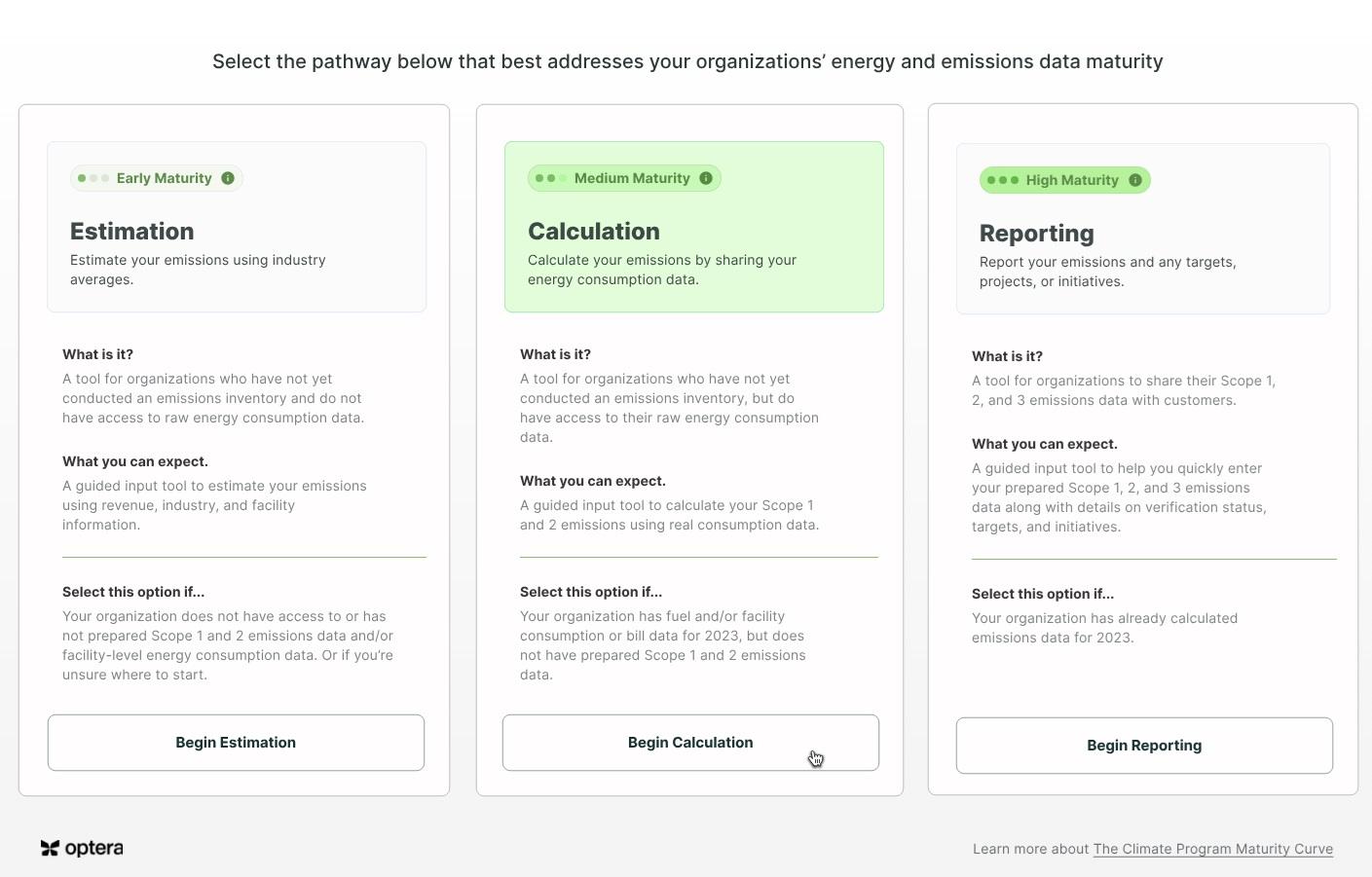Norway’s $1.4 Trillion Wealth Fund Tells Portfolio Companies Not to Count Carbon Credit Towards Interim Climate Goals
Norges Bank Investment Management (NBIM), the investment manager for Norway’s $1.4 trillion oil fund announced the publication of a new set of climate-related expectations for portfolio companies, including requirements to disclose value chain emissions, report on climate risks, and implement transition plans.
The investment manager also released its view on the use of carbon credits, including its expectation that portfolio companies should not count carbon credits towards their interim emissions reduction targets.
NBIM was established to manage revenues from Norway’s oil and gas resources. The fund has grown to one of the world’s largest, owning nearly 1.5% of all shares in the world’s listed companies, with holdings in over 9,000 companies in 70 countries.
The new guidance for portfolio companies follows the release of NBIM’s climate action plan last year, which included a target to reach net zero emissions for all companies in the fund by 2050, and a plan to set climate-related expectations for companies in its portfolio, including a requirement to set net zero goals.
With the new publication, NBIM explained that engaging with portfolio companies is “at the heart of the action plan,” and that the new expectations could be used as a reference point for this process, for engagement activities including dialogues, filing and voting shareholder proposals, and board member election voting. NBIM added that the expectations will also guide its investment analysis and risk management.
Carine Smith Ihenacho, Chief Governance and Compliance Officer at NBIM, said:
“With the effects of climate change becoming more evident, we really saw the need to sharpen our expectations. We look forward to having even more valuable engagements with companies and their boards on this important topic. We think the core expectations will be particularly useful in our board level dialogues.”
The publication includes a set of six core expectations, covering board oversight, with boards responsible for ensuring that climate risks and opportunities are embedded in company strategy and risk management; climate risk disclosure, asking companies to analyze and disclose how climate risks may impact their operations, value chains and demand for products; greenhouse gas reporting, which NBIM said should include Scopes 1, 2 and 3 emissions in accordance with the Greenhouse Gas Protocol and including assurance for at least Scopes 1 and 2; commitments to net zero by 2050; setting science-based interim targets covering Scope 1, Scope 2 and material Scope 3 emissions and consistent with net zero by 2050, and; transition plans, with companies setting time-bound, quantified plans to deliver on their interim targets, and including annual progress disclosure.
In its related guidance on the use of carbon credits, NBIM acknowledged that “carbon credits can help finance much-needed mitigation and sequestration opportunities globally,” and that they can “help finance much-needed mitigation and sequestration opportunities globally,” although the investment manager added that the priority for portfolio companies should be on reducing their own emissions, and that “carbon credits should not be counted towards progress on near-term science-based emission reduction targets.”
In addition to a need to prioritize emissions reductions, NBIM outlined some concerns with carbon credits, including the quality of certain offset projects, and the potential to distract from emissions reduction efforts and investments.
The investment manager included additional elements for the credible use of carbon credits, detailing that they should represent additional and verified emission reductions, and represent durable CO2 removal.
In its guidelines on the corporate use of carbon credits, NBIM added:
“The lack of transparency on how companies are using voluntary carbon credits in the context of their climate commitments presents a challenge for investors when evaluating the credibility and progress of companies’ climate commitments and achievements. Investors holding portfolios with widespread use of low-quality carbon offsetting may underestimate the climate risk they are exposed to.”
To address these issues, NBIM also called for improved transparency on companies’ use of carbon credits, including identifying their use in corporate reporting and encouraged companies to disclose the price of the credits purchased in the voluntary carbon markets (VCMs).
Click here to access NBIM’s climate change expectations and its view on corporate use of voluntary carbon credits.







